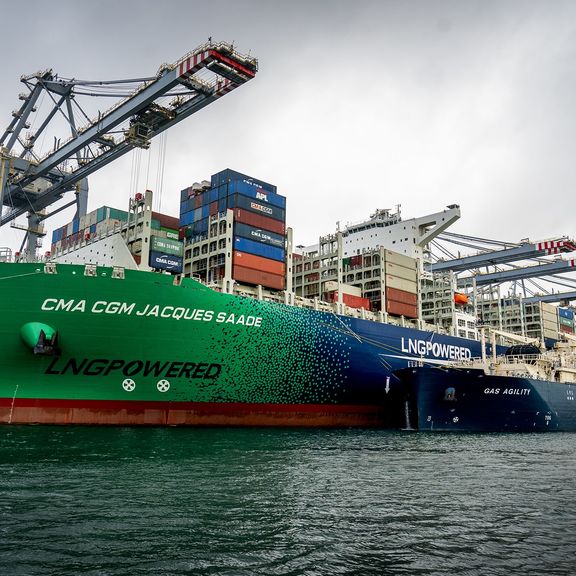
Bunkering in Rotterdam
Europe’s largest bunkering port
The port of Rotterdam is Europe’s largest bunkering port, as well as one of the top three bunkering ports worldwide. Every year, some 9,5 million tonnes of bunker fuel is supplied to vessels in Rotterdam. In addition to traditional fuels, the supply of alternative and renewable fuels is growing.
Rotterdam offers a wide range of fuels and leads the way in offering new, more sustainable fuels. The Port of Rotterdam is the first port in Europe where LNG (liquefied natural gas) bunkering was possible and the first port in the world where barge-to-ship bunkering of methanol took place. An increasing number of alternative fuels can be bunkered safely.
Bunker port of the future
Shipping companies can choose different alternative fuels to become more sustainable. Each alternative fuel presents its own challenges. They all have different energy densities, safety requirements, scalability, cost, and technical usability.
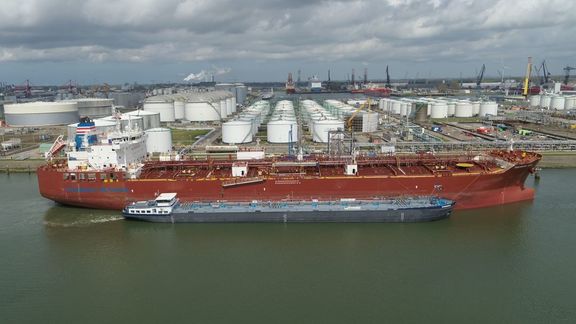
In Rotterdam, several parties are working on a wide range of fuels so shipping companies can use the sustainable fuel that best suits them. We accelerate the use of sustainable fuels, including by facilitating safe storage and bunkering.
An overview of available alternative bunker fuels in Rotterdam:
Ammonia
Ammonia is already widely used in industry and can also be used as a sustainable, zero-carbon fuel for shipping. Therefore, preparations are currently underway to run as first pilot for ammonia bunkering in 2024. Safety aspects are leading in this process. The first ship engines are also expected around that time.
More information:
Launching Joint Study Framework and MoU for Ammonia Bunkering Safety
Biofuels
The port of Rotterdam is the largest bunker port for biofuels. Due to the presence of large-scale biofuel production, storage and trade, the port of Rotterdam is a major biofuel producer for the European market. The biofuels are, among other things, used for road transport, shipping and aviation.
Electric shipping
In inland shipping, electricity is also used. Among others, Zero Emission Services, a company set up with help from the Port of Rotterdam Authority, charges containers with batteries that are then placed on board ships (Swapping). This energy-as-a-service concept offers operational advantages, as ships do not have to be idle for long periods to recharge.
More information:
National Growth Fund supports ZES concept with 50 mln investment for inland shipping sector
Hydrogen
Hydrogen is already being bunkered at the port on a small scale. One example is the hydrogen-powered water taxi, which emits only water and no CO2. A small-scale hydrogen bunkering station is under construction. Inland shipping is also preparing to run on hydrogen. The efforts include bunkering by loading and unloading hydrogen containers (‘swapping’).
More information:
'Hydrogen-powered water taxi at Rotterdam World Port Days will be a world first'
LNG
Rotterdam is the port for the import, export and bunkering of LNG in Europe.
Methanol
The port of Rotterdam is the largest methanol hub in north-western Europe. Ship-to-ship bunkering has taken place at the port successfully several times. The largest traders and producers operate in the port, including Methanex, OCI and Proman. Methanol can be stored at various tank storage terminals: EVOS, Vopak, ETT and Chane. Currently, around 100kt/yr of green methanol is transhipped. This volume is expected to rise in the coming years. Work is underway at the port to establish GIDARA, which aims to produce 90kt/yr of green methanol from waste from 2026.
More information:
Gidara Energy AMR will convert non-recyclable waste into advanced biofuels
BUNKERPROCES
Sea-going vessels can continue to load and unload cargo when they bunker at one of Rotterdam’s terminals. It is also possible to bunker at one of the special public transhipment facilities (buoys and dolphins). At one specific dolphin set, LNG transhipment has priority over other forms of cargo handling.
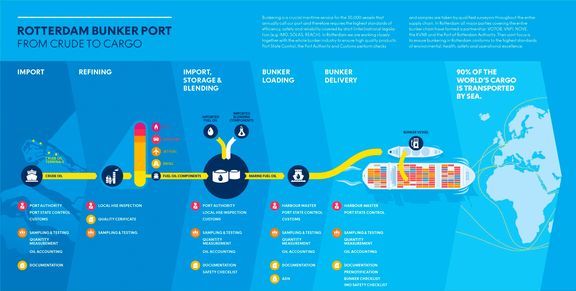
Bunker license for bunker fuel transporter
The bunker transporter licence is mandatory for bunker vessels supplying seagoing vessels with the aim of bunkering these fuels safely, correctly and environmentally responsible. If you have any questions regarding this, please contact Ron van Gelder, senior advisor at the Harbour Master's Division.
Notification Bunkers via Portbase
This application is now hosted by Portbase. As of now bunker barge operators can register for a new account at Notification Bunkers - Portbase.
Downloads
Quality and sustainability are top priority
Supplies at the port are made safely, efficiently, and environmentally responsible using around 180 different (mostly double-hulled) bunker vessels. The largest of these can carry more than 13,000 tonnes at a time. There are vessels in the port of Rotterdam that can bunker methanol. As the port’s nautical manager, the Port Authority ensures that bunkering is carried out correctly and safely. A bunker checklist helps suppliers work correctly. At the same time, the Port Authority is pushing for optimal turnaround times for bunker operations. The Human Environment and Transport Inspectorate of the Ministry of Infrastructure and the Environment conducts regular inspections on behalf of the Dutch government.
Increase reliability of the bunkering sector
The Port Authority, the Association of Dutch Tank Storage Companies (Votob), Netherlands Petroleum Industry Association (VNPI) and the NOVE (Netherlands Organisation for the Energy Industry) are working intensively together to further secure the quality and quantity of bunkers. We are also committed to making the bunkering process more transparent and efficient.
Increasing sustainability of transport
Making logistics chains sustainable is a multi-track process. We are betting on sustainable fuels and electrification, efficiency, and modal shift.
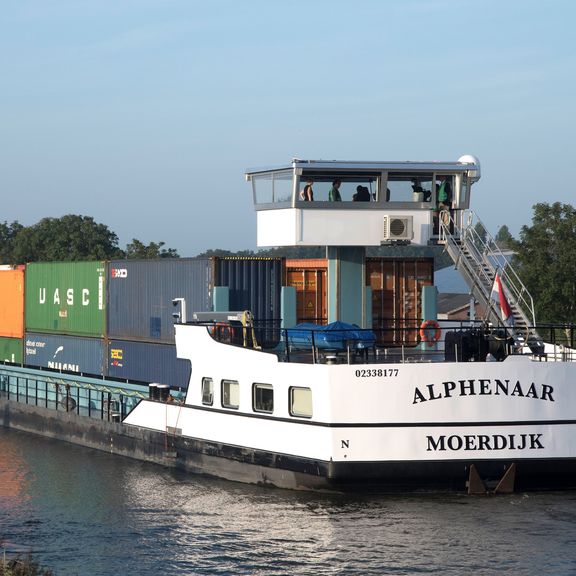
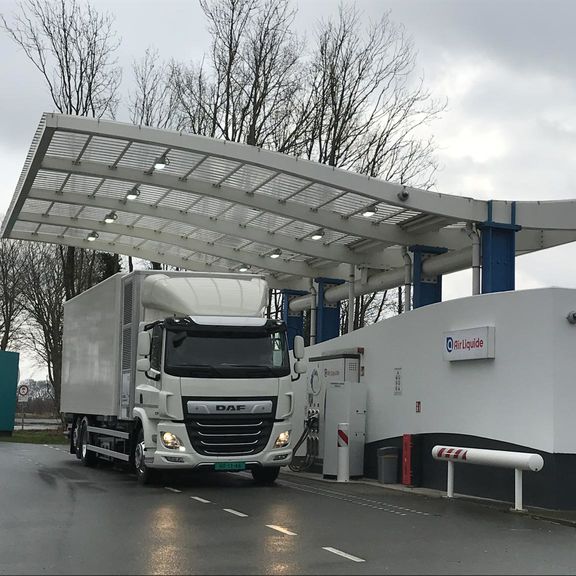
More information? Contact:
